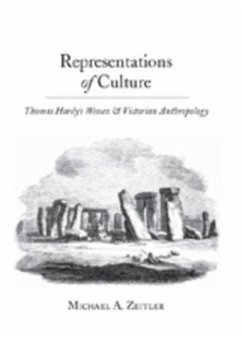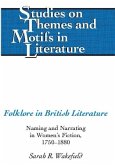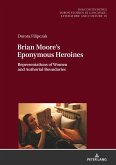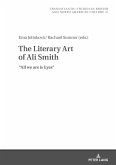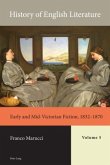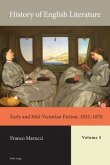Representations of Culture places Thomas Hardy's Wessex - his fictional representation of rural England - within the framework of anthropology, an emergent discipline at the time. Informed by both intellectual biography and close textual readings, this book argues that Hardy's lifelong interests in folklore, customs, local history, myth, archaeology, and communal narrative history represent the most «modern» (rather than simply traditional) aspect of his thinking - the ways in which anthropological viewpoints associated with Tylor, Lang, and Frazer shaped his understanding and representation of Wessex.
«Michael A. Zeitler's discussion of Hardy's dealings with the rising social science of anthropology makes a fundamental and lasting contribution to our understanding both of that writer and of late-Victorian and early-Modern intellectual life. Hardy's well-known use of folklore has long been a staple of criticism, but has usually been seen as a local color background to his rural situations and characters. By shifting the focus to Hardy's continuing absorption in the rising science of anthropology, this great body of fiction comes to be seen in the context of the history of ideas, as expressing a worldview in keeping with the formation of modern thought.» (Avrom Fleishman, Emeritus Professor of English, Johns Hopkins University, Baltimore, Maryland)

